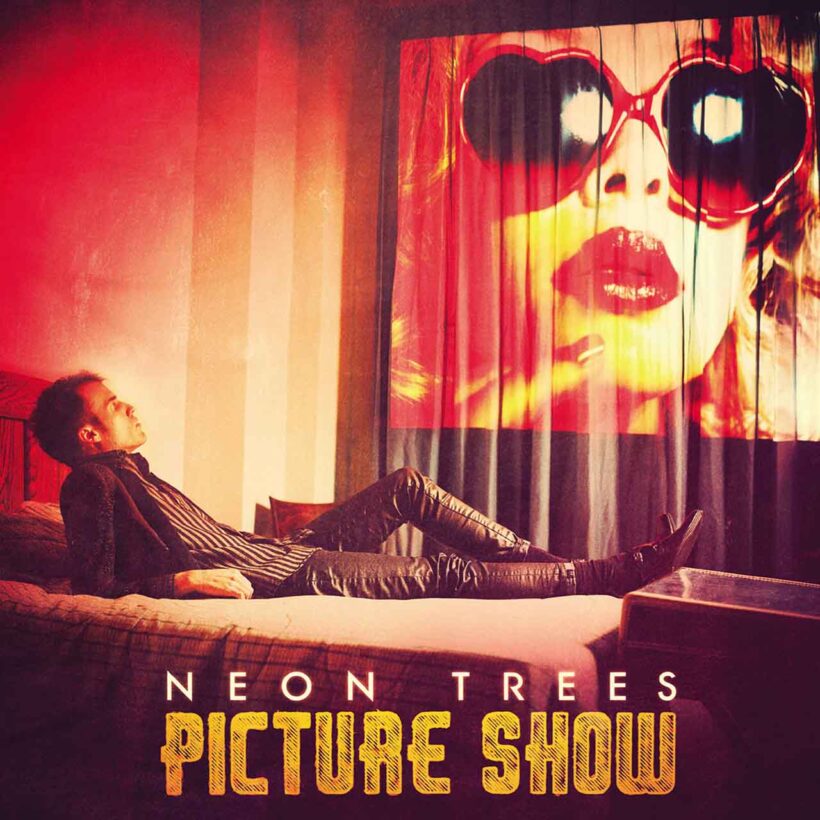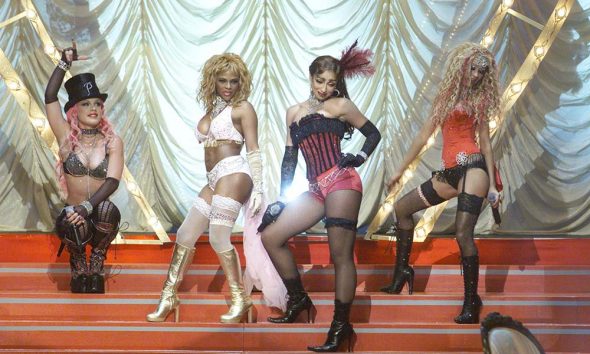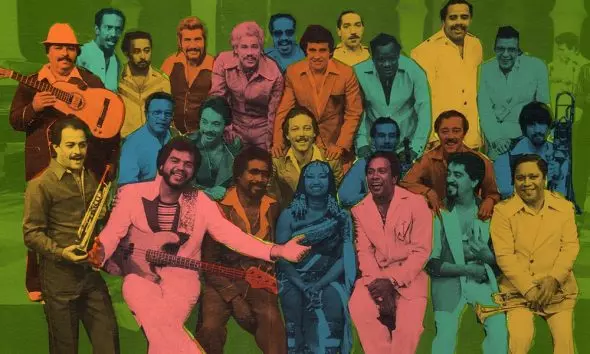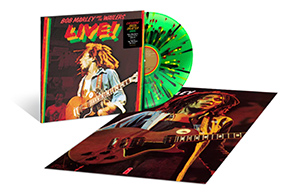Neon Trees’ ‘Everybody Talks’ Joins The Spotify Billions Club
The band’s 2011 single has been streamed a billion times on the platform.

It started with a whisper, it ended with a billion plays and counting. Neon Trees’ “Everybody Talks” has joined the Spotify Billions Club, having surpassed the billion mark on the streaming platform.
The Provo, Utah pop-rockers released “Everybody Talks” in the waning weeks of 2011 as the lead single from their sophomore album, 2012’s Picture Show. The song would go on to become their biggest hit to date, marking a continuation of upward momentum for the group. Having reached No. 13 on the Billboard Hot 100 with their 2010 debut single “Animal,” Neon Trees climbed even higher with “Everybody Talks.” The song reached a peak of No. 6, giving them their first Top 10 single. It was an especially big radio hit, reaching No. 1 on the Adult Pop Airplay chart and No. 3 on the general Pop Airplay ranking.
Frontman Tyler Glenn says “Everybody Talks” was inspired by 1960s pop hits beloved by his father, songs by the likes of Roy Orbison and the Motown Records stable. Together with producer Justin Meldal-Johnsen, Neon Trees put a modern spin on that classic sound, one that connected at a wide range of radio formats from Adult Contemporary to Alternative Rock. As for the subject matter, on National Coming Out Day in 2020, Glenn revealed that the lyrics refer to an ex-girlfriend who spread rumors that he was gay at a time when he was still in the closet.
For the music video, Neon Trees sought to tie into the escapism theme of Picture Show as a whole. Inspired by grindhouse cinema and the film Jennifer’s Body, the clip was set at a retro drive-in movie theater, where a zombie motorcycle gang attacks the band. The video also incorporates Trixie, a recurring character from throughout the album, who seduces men but turns out to be a fire-breathing vampire.
Long after it receded from the upper reaches of the charts, “Everybody Talks” was a fixture of pop culture in the years after its release. The song appeared in TV shows such as Homeland and Hawaii Five-0 and the Rock Band and Guitar Hero video game franchises, and it was reinterpreted in an episode of Glee.











